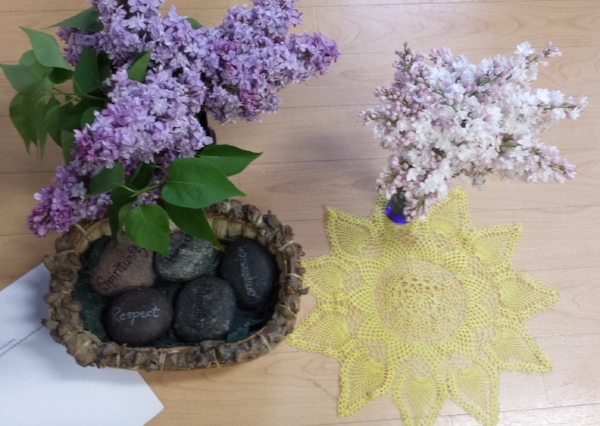Over the last few months, our country’s main entertainment business Hollywood was rattled when accusations against many top movie makers came out. Sexual violence is no joke, and should never be taken as one. The question is, how can it end? The #MeToo movement is a movement started recently, at the Golden Globes actually, that is showing many celebrities standing in solidarity of victims of sexual violence. With Restorative Justice being shown to work in many different ways in the criminal justice system, who’s to say it won’t work in the case of sexual violence? Restorative Justice processes invite people who’ve experienced sexual misconduct to tell their stories on their own terms, without judgment. While putting the victim and the attacker in the same room may seem counter-intuitive, there was a case at a college where a male student sexually assaulted a female student and the two were ‘sentenced’ to sit together in a room and talk through what had happened. Both the victim and the attacker were able to talk through what had happened and why it had happened. The victim showed the attacker through words how the attack made her feel and what it took from her. This act forced the attacker to face the situation of what he did and why it was wrong instead of just telling him that it was wrong and throwing him in prison.[Editor's note: Washington County Community Circles never requires a victim to participate in Circles and/or participate in a Circle with the defendant/client. All participation by victims is voluntary and a case does not get accepted to Circle without agreement by the victim that the case be referred.]
In many cases, what it looks like for a victim’s session with Restorative Justice is that they are able to sit down with a combination of community members, volunteers, and counselors to ensure that they get the support they need. These sessions have community members and volunteers opening up and suggesting resources and coping mechanisms for the victim. The sessions can be incredibly healing for the victim and the community for many reasons. One major reason being that the victim knows that they are not alone and that there are people out there who only want what is best for them, no matter what it is. While our country and our criminal justice system has an incredibly long way to go in this matter, Restorative Justice and what it stands for is a step in the right direction.
All information gathered for this post came from:
http://www.dailycal.org/2018/02/13/restorative-justice-uc-berkeley-sexual-harassment/









